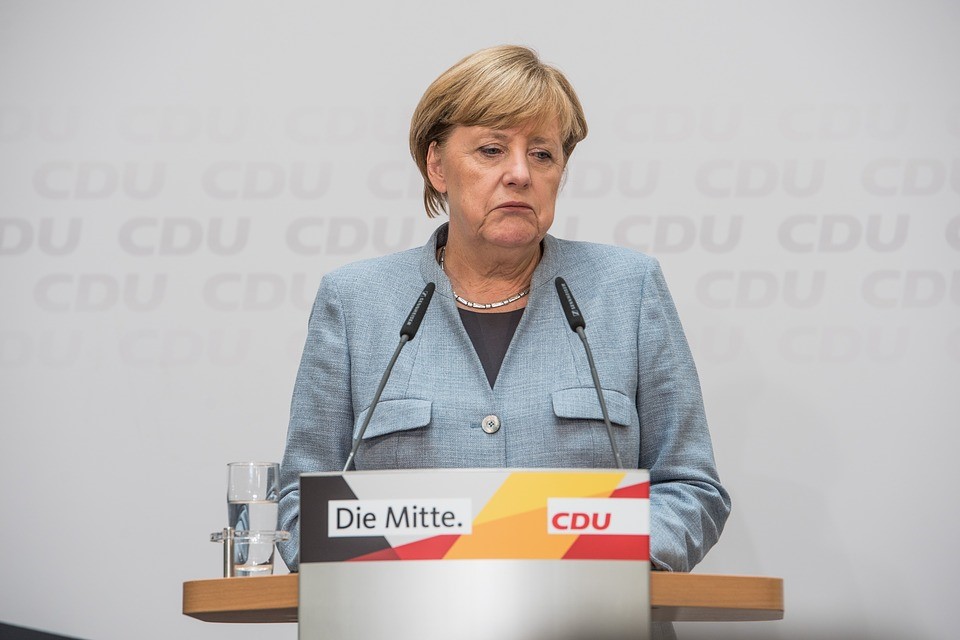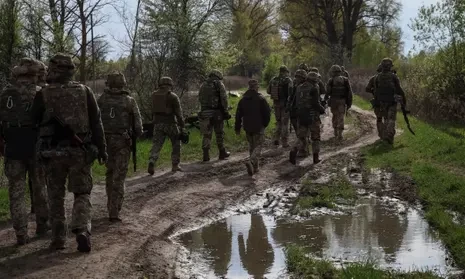
German Chancellor, Angela Merkel has met with South African President, Cyril Ramaphosa in a bid to lend her support at a time of growing political and economic uncertainty in South Africa. When Ramaphosa took charge in 2018, he vowed to embark upon an ambitious drive to seek $100bn in fresh capital investment for the country by 2023. However, the country has been plagued by a series of issues, such as weak business sentiment, drought, its unstinting support for Zimbabwe’s unfolding socio-economic crisis, and the question marks surrounding the state-owned Eksom energy supplier.
Subsequently, Absa, Africa’s third-largest bank has made severe cuts to its full-year 2019 GDP growth forecasts, down from an anticipated 0.6% last autumn to just 0.3%. Q4 2019 data is expected to have many people anticipating the final quarter to have generated just 0.4% expansion. This is due, in no small part, to the ongoing power cuts saga.
A stuttering economy gives little weight to President Ramaphosa’s ambitious plansMs. Merkel’s arrival in South Africa would appear to be very timely, given that the heat is rising on President Ramaphosa. The South African Reserve Bank (SARB) sought to reduce its repo rate to 6.25% last month and rates are likely to be on hold or cut further for the foreseeable future, particularly as inflation remains much lower than anticipated. The SARB has also voiced its concern that the South African rand (ZAR) is “overvalued” against other major foreign currencies, predicting a decline in the value of the rand against the US dollar later this year to around 15 ZAR to the US dollar. These forecasts have sparked a wealth of activity among the most trusted forex brokers that allow retail traders to speculate on currencies like the rand.
While it is a distinct vote of confidence for President Ramaphosa’s regime, that Europe’s biggest economy is continuing to throw its weight behind him, there is more than a hint of self-interest when it comes to Ms. Merkel’s visit. Germany has several hundred million euros invested in South African industries, while South Africa remained Germany’s biggest export market in Africa, selling goods worth up to 127 billion rand last year.
Steffen Seibert, the spokesman for the German federal government, reiterated, when confirming Ms. Merkel’s visit, that South Africa was “on a course of economic reform”, and that the Chancellor’s arrival was designed to help the “further intensification” of relations between German and South African officials.
President Ramaphosa’s long-term plan has always been to help South Africa become an outward-looking, investment-friendly nation. His proposed reforms to state-owned enterprises are clearly designed with the next decades in mind, rather than the next 12 months. The state-owned energy provider, Eksom, has been a major issue for South Africa’s macroeconomic health in recent months. Ramaphosa’s government revealed plans last year to split Eksom’s operations into three separate entities, which is proving difficult, particularly with a lack of support within the ruling African National Congress.
Germany happy to help South Africa forge a new energy path based around renewables
During face-to-face talks with the German Chancellor, President Ramaphosa acknowledged that levels of unemployment in South Africa had reached crisis levels, with foreign direct investment (FDI), from friends and allies such as Germany, vital to alleviate the negative undercurrents in the South African economy. Ms. Merkel did not shy away from South Africa’s energy crisis, with designs to improve the operational performance of the country’s state-owned energy suppliers likely to take some time to fundamentally revolutionise the 21st-century energy sector.
- Chamisa under fire over US$120K donation
- Mavhunga puts DeMbare into Chibuku quarterfinals
- Pension funds bet on Cabora Bassa oilfields
- Councils defy govt fire tender directive
Keep Reading
During the talks, it was reported that the German Chancellor agreed to provide financial aid to give fresh hope and direction to South Africa’s energy industry. A focus on renewable energy and gas power plants, instead of legacy coal-powered plants, was very much on the table. President Ramaphosa admitted the country was still heavily reliant on coal for its energy, with some 89% of its power still derived from coal. Nevertheless, Ramaphosa said that the nation had “started [its] journey and renewables … will be playing a key role”.
2020 promises to be a hugely important year for both South Africa and Germany. South Africa prepares to assume the chairmanship of the African Union, while Germany also succeeds the presidency of the European Council.











